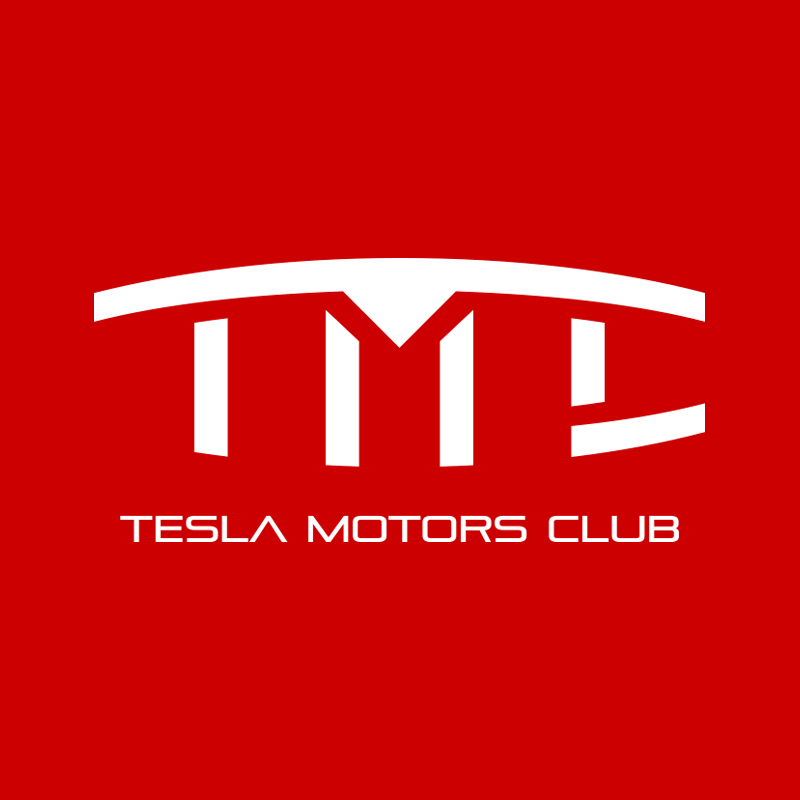The issue is the need to
EA makes a video on how to prop-up the cable since the cables and handles are so heavy. If you don't, the top portion for communications may not be connected and thus there will be a failure to start.
As I think I've posted before, every single time I've gone to an EA CCS charger w/my former Bolt (and once w/my '22 Niro EV) to either pay for juice (rarely) or get their free juice (a lot more), assuming all the stalls (or non-broken stalls) weren't taken, I was able to charge. Sure, there might be a down charger or handles w/broken tangs (not sure who is breaking them, how and why), but if I switch to another it works.
On EA, I've personally used their DC FCs from most to least: BTC Power, Signet, ABB (not much). I haven't ever physically seen their Efacec units.
Of course, I almost always check Plugshare first. Sometimes, I'm just in the area and on the lookout for complimentary session on their display. Now it doesn't matter much any more as I'm going to the office almost every weekday where I have free L2 juice.
Re: EA horror stories, besides the shutdown mentioned earlier, apparently, this guy in NY has had issues:
DCFC reliability – An open Letter to Electrify America. It seems like EA eventually ripped out all the Efacec chargers and replaced them w/another vendor over there.
ARob's Spring 2022 Cross Country Bolt Trip Thread did an over 7K mile road trip in his Bolt w/61 EA sessions.
A Chevrolet Bolt EV Set a Cannonball Run Record and No One Noticed | Torque News was almost all on EA. Some of the "horror stories" are from people who didn't plan, didn't check Plugshare, didn't know to support the handle and cable and used credit card readers (which can be broken).

teslamotorsclub.com



